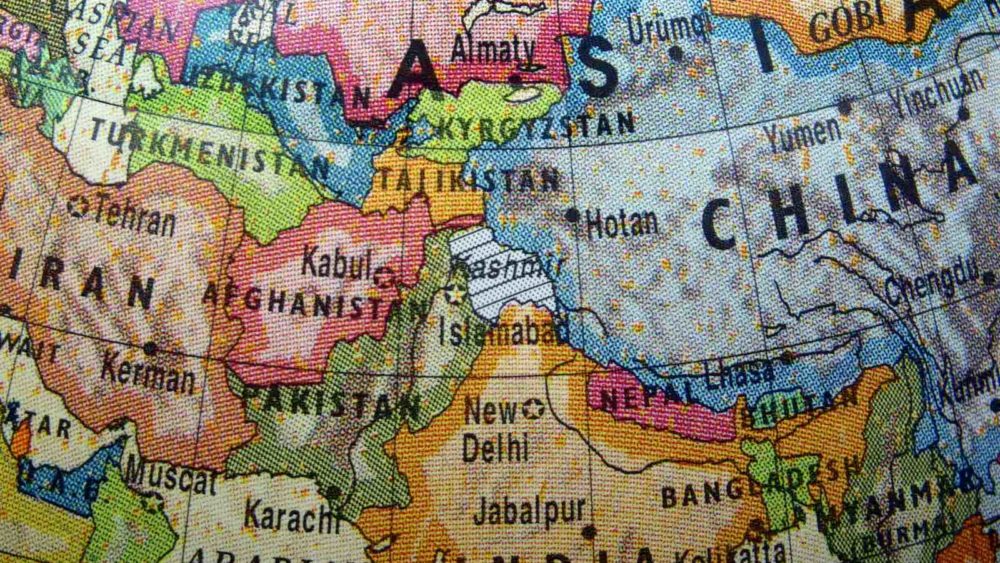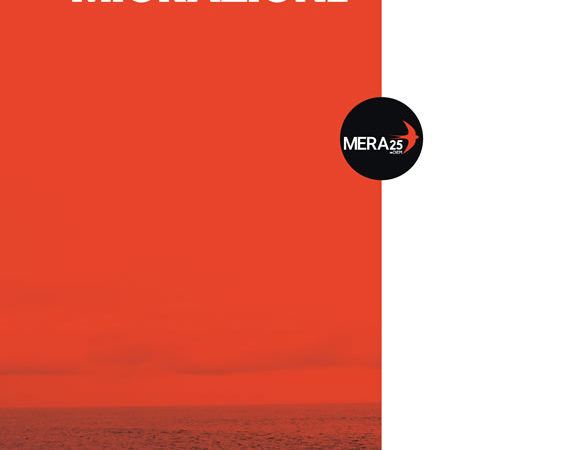DiEM25 is watching with growing alarm the recent developments in Indian Administered Kashmir (“IAK”) and what they more broadly represent and signify from a transnational perspective.
On August 5, 2019, the BJP-led central government of India effectively abrogated Article 370 of the Indian constitution. Article 370, which had been in place for approximately seventy years, constitutionally memorialised and guaranteed IAK’s autonomous status within the framework of the Indian state and was the bedrock of IAK’s legal relationship with the Indian state.
In addition, and contemporaneously with the abrogation of Article 370, the Indian central government downgraded the status of IAK from a constituent state of India to a union territory and divided IAK into two parts. Read against the backdrop of United Nations Security Council resolutions that provide for the right of self-determination to the people of IAK and bilateral agreements between India and Pakistan, the functional effect of India’s actions on August 5 is the annexation of IAK.
Insidiously, India’s actions on August 5 have the veneer of formalistic democracy as they were taken by the elected Indian parliament and the Indian president.
A closer examination reveals, though, the democratic hollowness of these actions.
- First, the Indian central government neither consulted with nor obtained the consent of the people of IAK.
- Second, in the lead up to August 5, tens of thousands of additional Indian military personnel were deployed to IAK, which is already the most densely militarised area in the world.
- Third, from August 5 until today, the Indian state has:
- Blocked most, if not all, inbound and outbound communications to and from IAK;
- Engaged in a massive wave of preventive arrests and detentions without due process;
- Stifled journalists from freely reporting on the situation in IAK and otherwise censored their work; and
- Ruthlessly used draconian laws to suppress dissent and inspire fear.
Moreover, even domestic Indian politicians have been prevented from traveling to IAK to understand first-hand what is happening there. Unfortunately, the events of August 5 are not an aberration in the history of IAK. They are, in one sense, simply another chapter in its tragic history, namely, a multi-generational struggle for democratic rights, the right to self-governance and rule, and the right to self-determination that is firmly grounded in international law and that has been met by relentless state violence and repression. In another sense, they are a pivotal moment for IAK, mainly because of who initiated them, the BJP.
A longstanding plank of the BJP’s political platform has been the abrogation of Article 370 and the integration of IAK into the Indian state. In defense of the actions on August 5, the BJP has put forward a number of arguments, primarily focused on socio-economic development. These arguments strain credulity, though, in light of the BJP’s roots in the fascist ideologies of the 1930s, the rhetoric and actions of its members (including, but not limited to, Prime Minister Narendra Modi and the 2002 Gujarat pogrom), the widespread lynching of Indian Muslims, the targeted attacks on minority communities in India, and the imminent disenfranchisement of millions in Assam. Rather, a more tethered interpretation is that the actions on August 5 are an integral piece of a larger BJP plan to create a highly centralised, Hindu majoritarian and Hindu supremacist Indian state.
For Europeans, the seriousness of the events of August 5 was underscored by the recent European parliamentarian visit to IAK. At the end of October, nearly twenty-five members of the European parliament toured IAK at the invitation of the BJP. Aside from the incongruity of foreign politicians traveling to IAK while life there remains under siege and the farcical narrative of normalcy the BJP intended to promote through the visit, what was telling was whom the BJP invited.
More than a third of the members were from far-right parties, with six of them belonging to National Rally and two of them belonging to Alternative for Germany. This composition makes clear that the BJP expected a sympathetic audience and potential allyship from those who domestically in Europe espouse and advocate for illiberal, authoritarian, xenophobic, and Islamophobic policies.
The importance of the events of August 5 as a data point cannot and should not be overlooked. It is demonstrable evidence of the linkages of fascist and supremacist movements around the world and their common cause. As committed and principled democrats, DiEM25 accordingly publicly stand in solidarity with the people of IAK. Their struggle is DiEM25’s because democracy under threat anywhere is a threat to democracy everywhere.
Photo (C) Getty Images
Volete essere informati delle azioni di DiEM25? Registratevi qui!




